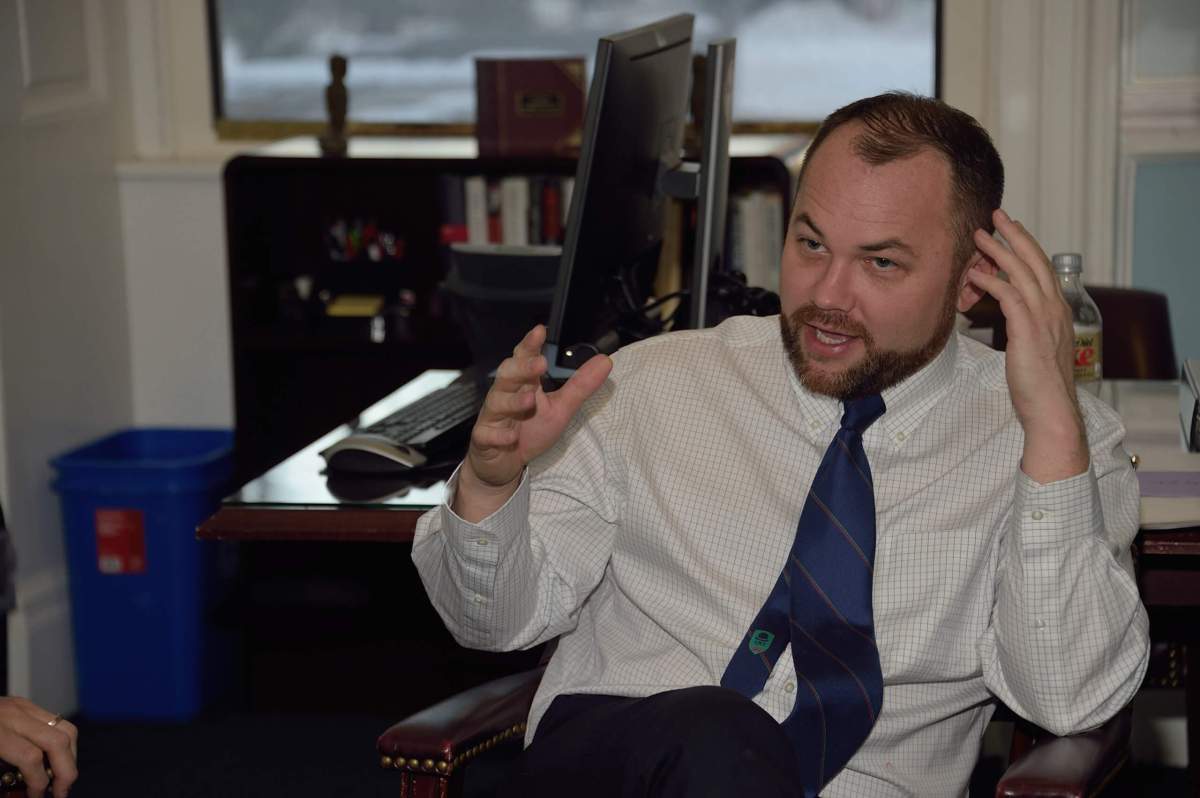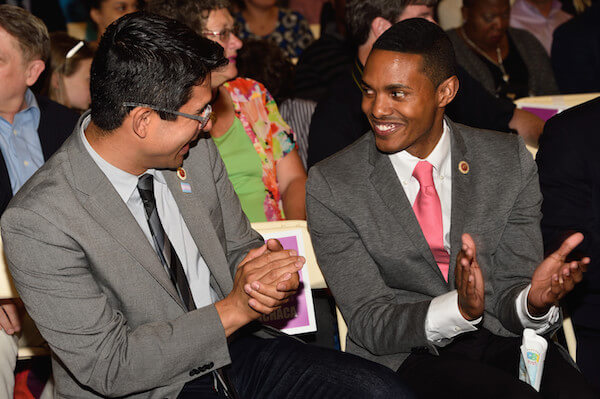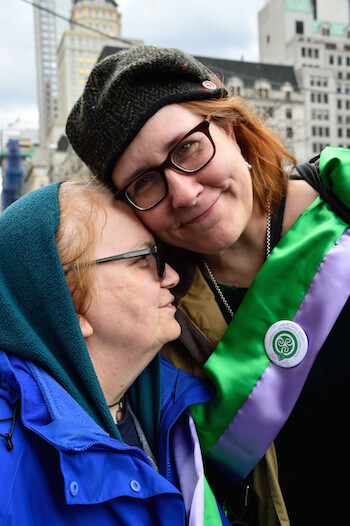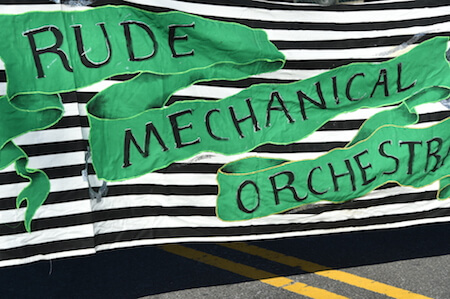Given the enormous economic challenges suddenly facing New York City in the wake of the growing coronavirus pandemic, the solution to the financial malady might be a universal basic income (UBI) for every New Yorker, according to out gay City Council Speaker Corey Johnson, a Chelsea Democrat.
The speaker, on Thursday, unveiled a relief plan, estimated to cost $12 billion over six months, that includes an array of financial assistance measures for businesses and residents of the five boroughs. One of the key parts of the plan would be the creation of a temporary UBI under which every adult resident would receive $550 a month, and every child would get $275 per month.
The concept bears similarities to a program that former Democratic presidential candidate Andrew Yang had campaigned on during his run for the White House this year. However, the UBI plan for New York would be a temporary fix, with Johnson estimating it would last about six months.
Johnson’s relief plan also calls for various financial programs to help struggling businesses, including fee deferments and business tax refunds, as well as interest-free loans of up to $250,000 per business to cover fixed costs like rent, utilities, and insurance. Unemployment protections for freelance workers and members of the gig economy — who are generally not covered by federal unemployment insurance — would also be included.
More than 40,000 businesses and over 500,000 New York workers are estimated to have been impacted so far by the outbreak’s economic repercussions, largely due to the shuttering of restaurants, bars, theaters and cinemas, and retail shops to slow the contagion risk. Johnson said the affected businesses produced $40 billion in sales last year, and are now struggling mightily.
“The difficult steps we’ve taken to protect ourselves and others are necessary, including social distancing and mandatory closures, but they are devastating our businesses and workers in every corner of the city,” the speaker said. “The hospitality industry has been the most high-profile industry impacted, but gyms, performance venues, salons, retail shops, and many other types of businesses are shuttering or close to it. This plan will provide relief not just for our economy, but also for the small businesses and workers that are the heart and soul of New York City.”
How would this $12 billion relief program be paid for?
Johnson hopes the federal government would fund it as part of its national relief efforts, though his announcement also noted that given the high cost of living here additional income support is necessary for New Yorkers above and beyond what is currently being discussed in Washington. Since it is unlikely that the federal government would provide any supplemental support for communities with a high cost of living, Johnson’s proposal — should the need for supplementing any Trump administration universal income program be viewed as necessary — would probably require the issuance of what Johnson is terming “relief bonds.”
The speaker’s announcement noted that similar economic recovery bonds were issued in the wake of the 9/11 attacks. In that instance, the city secured the State Legislature’s approval for bonding through the New York City Transitional Finance Authority in a matter of weeks. With Democrats now in charge of both houses of the Legislature, the city could reasonably expect a friendly reception to a relief plan specific to New York City from Albany.
In terms of the revenue streams to back such bonds, Johnson recommended a variety of temporary measures, including a payroll tax on the wealthiest corporations, a surcharge on the sale of high-end commercial property, and an tax increase on New York City residents making $500,000 or more a year.
Ten City Council members publicly announced their support of the relief plan in a press release issued Thursday, including City Council Majority Leader Laurie Cumbo of Brooklyn, out gay Finance Committee chair Daniel Dromm of Queens and his out gay Queens colleague Jimmy Van Bramer, Manhattan Councilmembers Mark Levine, Keith Powers, and Carlina Rivera, Brooklyn Councilmembers Robert Cornegy and Stephen Levin, and Bronx Councilmembers Vanessa Gibson and Mark Gjonaj.
Robert Pozarycki is the editor-in-chief of amNY.


































